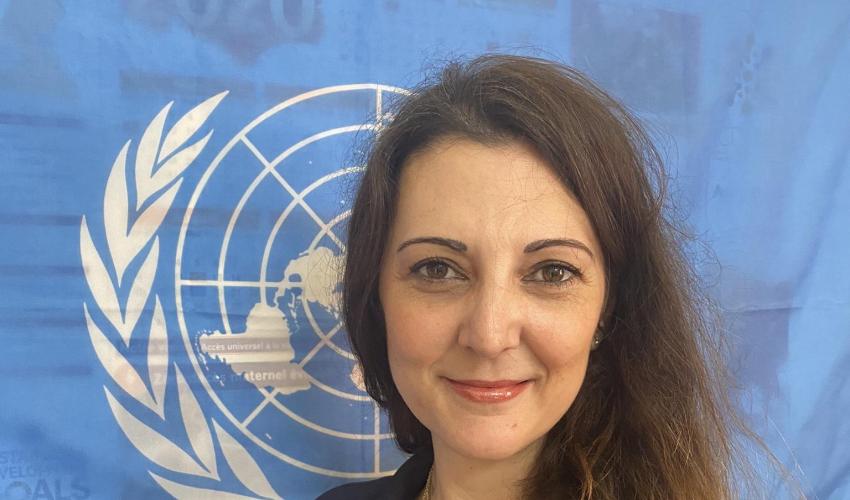
Collaboration between Non Governmental and Governmental Organizations is increasing
GOVERNMENTS ARE BEGINNING TO SHOW MORE FLEXIBILITY AND LESS BUREAUCRATIZATION, AS THEY OPEN UP TO COLLABORATION WITH NGOS ON PROJECTSInternational cooperation is undergoing a phase of transformation in which working environments are becoming less vertical, less managerial, more open to collaboration and more agile in processes, especially after the pandemic has increased the need for certain kinds of intervention. New technologies are also making their effects felt, for example by facilitating the contribution of different actors to the creation of a project. According to Noemi Dalmonte, Deputy Representative in Cameroon for the United Nations Population Fund (UNFPA), the UN agency specializing in sexual and reproductive rights, the changes underway involve all the main actors of international cooperation. It happens within the United Nations as well as the NGOs, thanks to a growing participation of the latter in bottom-up planning. Moreover, “many national governments are showing more flexibility and less bureaucratization. They welcome requests for greater transparency and requests to proportionally contribute to projects”, says the SDA Bocconi alumna with an Executive Master in Management of International Organizations (EMMIO).
Among the tools increasingly used are economic studies that confirm how much governments can save by investing against forced marriage, early pregnancies or maternal mortality. The latter in Cameroon has dropped from 7,820 women dying of childbirth in 2011 to 4,600 fatalities a year today. "Before, during and after childbirth, many women are now assisted by qualified personnel in quality health facilities", says Dalmonte. "Across various support centers, they can then attend sex education courses, receive baby boxes for the care of their newborns and follow childrearing training sessions".
by Camillo Papini
Translated by Alex Foti
